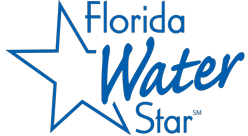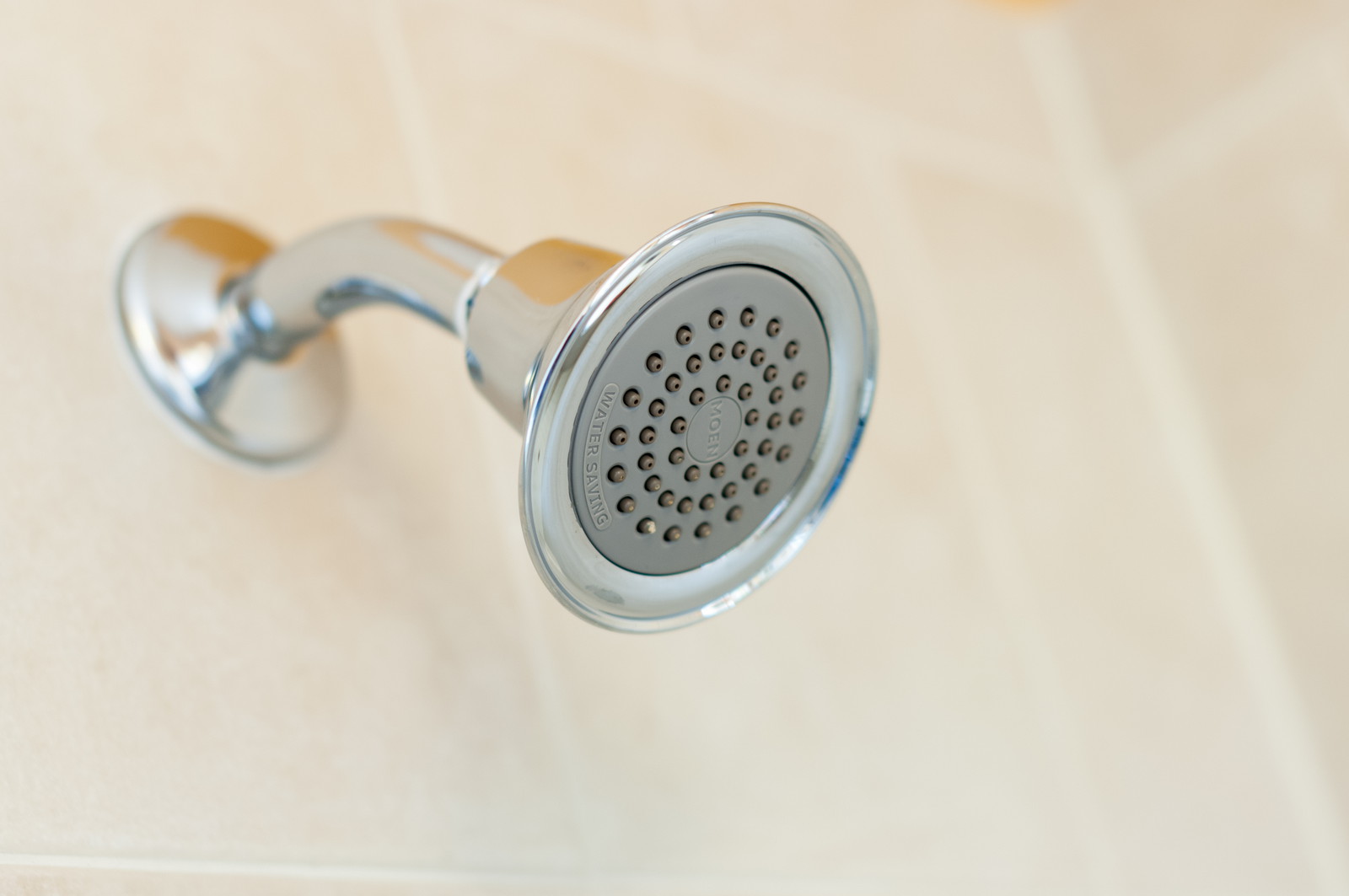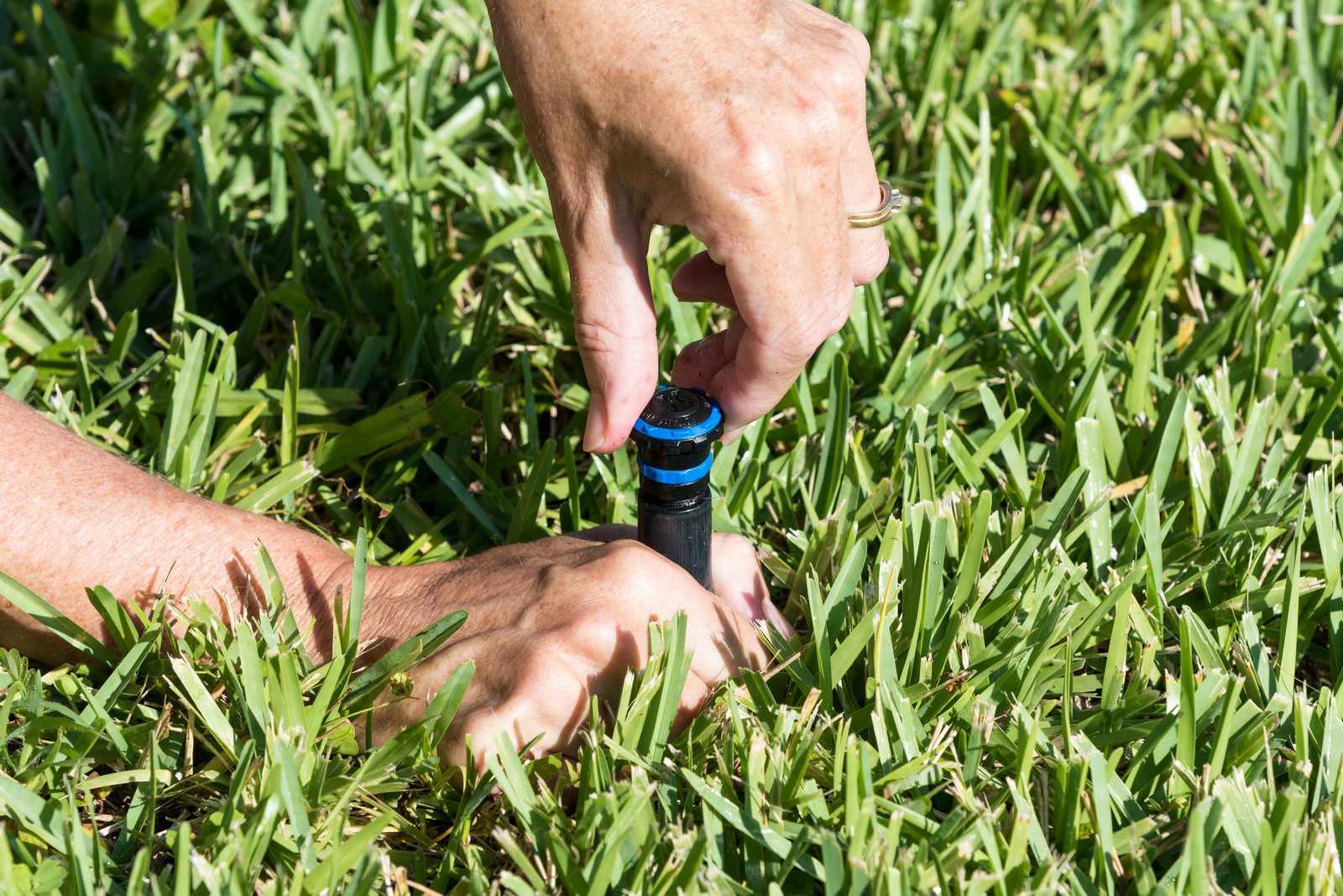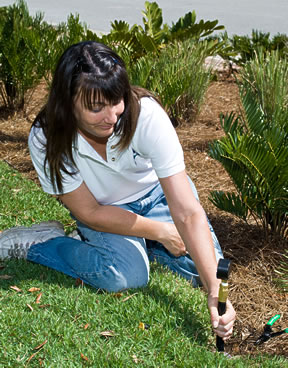Achieving program certification requires the coordination of multiple stakeholders. This manual provides a detailed description of the structure of the Florida Water Star inspection and certification process, and the responsibilities of all stakeholders. The following table shows the roles of stakeholders.
| Florida Water Star Stakeholder Roles and Responsible Entities | ||
| Stakeholder | Role | Entity |
| Agency | Florida Water Star program maintenance | St. Johns River Water Management District |
| Administrator | Project application review, inspection, final certification decision | Triconic, LLC |
| Applicant | Meets all applicable certification criteria | Builder, developer, homeowner |
| Inspector | Application documentation review, project inspection, verification of compliance with Florida Water Star criteria, and coordination with the administrator regarding final certification decision | Florida Water Star inspector |
| Accredited Professional | Design and installation of Florida Water Star landscape or irrigation system | Landscape or irrigation professional who has voluntarily attended training and passed an Accredited Professional Exam |
| Technical Advisory Committee (TAC) | Interprets innovation points, variances, and criteria changes | Members chosen by agency |
Stakeholder role summary
Applicants
Applicants are typically the builders, developers or homeowners seeking certification of their project(s). They are responsible for ensuring that their projects meet all relevant Florida Water Star criteria. The applicant must abide by the Portal conditions. When constructing Florida Water Star-certified homes where local building construction codes and ordinances have requirements more stringent than Florida Water Star, the applicant is aware that the more stringent requirements shall be met.
Inspectors
Inspectors must be Florida Water Star-accredited, which requires the completion of mandatory training, an apprenticeship and a successful score on a comprehensive exam of the Florida Water Star program. The inspector’s primary responsibility is to verify that the project meets all relevant Florida Water Star criteria, through review of project documentation submitted by the applicant and an on-site inspection of the project. The inspector only submits projects that meet minimum criteria for certification.
Administrator
As of Feb. 1, 2018, Florida Water Star is part of the FHBA Certified Ratings Program administered by Triconic LLC. As the administrator, all Florida Water Star projects are now being processed through their Portal.
Triconic works behind the scenes to provide the certification infrastructure for the Florida Water Star program. Their team of professionals is taking Florida Water Star to the next level as it expands. For more information, please click here.
Certifier
The certifier partners, UL (Underwriters Laboratories and Intertek, provide third-party quality assurance. Participants can choose to work with one or both of these internationally recognized leaders in the industry.
The certifier (UL (Underwriters Laboratories) and/or Intertek) reviews the details of the project to ensure applicable Florida Water Star criteria are met, and, if so, issues final certification. The applicant then receives a Florida Water Star certificate from UL or Intertek through the Triconic Portal.
Agency/Program Owner
The agency, which is the St. Johns River Water Management District, owns all rights to the Florida Water Star program content. The St. Johns District is responsible for evaluating program effectiveness, modifying program content for improvement, and developing all training and technical materials.
Accredited Professionals
Accredited professionals (APs) are landscape or irrigation professionals who have chosen to attend training, take and pass an exam administered by the Florida Nursery Growers and Landscape Association. APs are qualified to design or install a landscape or irrigation system for a Florida Water Star project. Although not required, working with an AP can increase an applicant’s ability to achieve certification.
Technical Advisory Committee
The Technical Advisory Committee (TAC) is responsible for providing technical interpretation of criteria, innovation credits, variances, and other issues on a case-by-case basis, as necessary. The agency will initiate TAC review, as needed, and will use the TAC’s recommendations to make a final determination of course of action.
Three forms of certification
Florida Water Star certification can be achieved for any of three types of development/construction (see the following chart).
| Types of Florida Water Star Certification | |
| Certification | Description |
| Residential |
|
| Commercial/ Institutional |
|
| Community |
|
Certification can be sought for new and existing structures. (Note: Residential Florida Water Star certification also requires achieving minimum points for Gold, in addition to meeting the criteria.)
A separate document, the Technical Manual, provides clarification and direction on the Florida Water Star program criteria, including the intention and technical details for all program criteria.
Applicant responsibilities
Role of applicant
The applicant is responsible for meeting the requirements of the applicable Florida Water Star certification. These requirements include the following:
- Providing information and documentation necessary for verification of criteria for certification
- Cooperation in the inspection process of structures submitted for certification
- Commitment to the applicable program criteria by adhering to your company’s quality control procedures (in accordance with ISO 17020).

For residential projects, the applicant must designate a Florida Water Star inspector for the project. This selection should occur as early as feasible in the landscape design process to help minimize problems during the certification. A list of active inspectors is available on this website. The following must be submitted to the inspector, who shall be responsible for their electronic submission to the program administrator.
Supporting Florida Water Star certificate documentation must be submitted to the inspector, who shall be responsible for maintaining records in accordance to ISO 17020 and subsequent applicable submission to the certifier through the Triconic Portal.
a. Applicant shall submit drawings to the inspector that include the irrigation and landscape details. Electronic documents are preferred.
b. Drawings shall be clearly readable and to scale. Drawings must include a date, legend, scale and direction marker.
Landscape submission shall include the following information:
- Scientific and common name of species
- Total plants for each species
- Square feet and type of turf grass
- Square feet of total landscaped area
- Square feet of each planting area/bed
- Narrative or graphic representation to describe the shade or sun and soil conditions of the site
Irrigation submission shall include the following information:
-
- Layout information
a. Pipe location, type and size
b. Sprinkler head location, including spacing to adjacent sprinkler heads and structures
c. Location of soil moisture sensor probe, when applicable
d. Location and area of irrigation zones
-
- Component information
a. Sprinkler head type and application rate
b. Microirrigation type and application rate
c. Location of heads with check valves
d. All relevant pressure regulation
e. Water source
A schedule of fixture and appliance specifications shall be submitted prior to inspection. The schedule should include fixture and appliance specifications, model numbers and relevant flow rates for all fixtures and appliances.
Residential compliance
To obtain Florida Water Star residential certification, the structure must contain sufficient, efficient features in each category so that the criteria are met and if Gold certification is sought, sufficient points are achieved in each category. Points for innovative water conservation and/or efficiency measures shall be awarded at the discretion of the agency and the TAC.
Commercial/Institutional compliance
To obtain Florida Water Star Commercial/Institutional certification, the project must meet all requirements. All indoor fixtures and appliances must be water-efficient, as outlined in the Technical Manual, and outdoor water use must comply with certain design requirements and an annual irrigation water budget, using the water budget calculator.
Community compliance
To obtain Florida Water Star Community certification, all residences within the community must be certified as Florida Water Star Silver. In addition, any amenity buildings must be certified as Florida Water Star Commercial/Institutional and shared landscape areas must comply with the Florida Water Star Commercial/Institutional requirements.
All terms of the Applicant Participation Agreement must be met prior to issuance of a Florida Water Star certification. Submittals must be reviewed and approved by the inspector within 12 months of the initial submission. Any extension of this time must have written approval from the administrator.
The applicant is responsible for notifying the inspector that the project is ready for inspection. The applicant shall work to accommodate inspections in a timely manner.
If the inspection report identifies deficiencies, the applicant shall have 30 days to remedy deficiencies and request a reinspection. If additional time is needed, the applicant should submit a request to the inspector.
In the event requirements and standards are changed, as during the construction of a project, the applicant may elect to abide by either the requirements or standards in effect on the date the project was submitted to an administrator or by the standards in effect on the date of completion.
The applicant is responsible for any certification fee and for reimbursement of the inspector’s services.
A certification is not valid in perpetuity. Rather, a project can be recertified if the initial certification was issued within two years and no significant changes have been made in any areas relevant to the initial certification. A project may only be recertified once. The following must be completed prior to the reissuing of the certification:
a. The owner shall contract with a inspector for a new inspection. The cost of the inspection is the sole responsibility of the owner.
b. Upon review of the inspection reports, the administrator will determine if the project complies with the original certification criteria and issue a recertification.
Inspector responsibilities
Role of the inspector
The inspector’s primary responsibility is to verify that the completed project has met the applicable Florida Water Star criteria. The inspector reviews the applicant’s submission for compliance with the program, completes an inspection upon completion of the project, maintains inspection records according to ISO 17020, and submits the project to the administrator for certification.
Inspector training
Training — All individuals wishing to become an approved Florida water Star inspector must undergo an Agency-approved training course and pass the Florida Water Star inspector exams. Courses may either be online. Individuals interested in becoming inspectors should have a baseline understanding of general building practices and specific knowledge in the areas of landscape and irrigation. Inspection experience is also helpful.
Exams — Exams typically occur after the last day of training. The exams are online and contain four sections: general, landscape, irrigation and indoor. Inspector must obtain a minimum score of 80% on each section of the exam. If an inspector does not receive 80% in any section of the exam, they may retake that section no more than twice within three months of their program training. Inspectors passing the exam will become “apprentice” inspectors.
Apprenticeship — Each apprentice inspector will be required to demonstrate two successful inspections, as determined by the Agency. The apprenticeship period should be completed within one year of initial program training. Upon completion of the apprentice period, prospective inspectors must sign into the Administrator’s data portal and agree the Program’s Terms and Conditions and Code of Ethics prior to submitting any reports.
Continuing education — A minimum of six hours of Agency-approved continuing education must be completed annually. Evidence of successfully receiving CUEs shall be provided to the Administrator within 30 days of completing the CUE course.
An inspection company may be chosen by the applicant through a list of active inspection companies on this website. Inspection companies may also solicit for applicants using their own sales and marketing activities. The Administrator is not involved in the assignment of an inspection company or inspector to a project and does not participate in the financial relationship between the applicant and inspection company. The inspection company is responsible for ensuring the applicant agrees to the Program’s Terms and Conditions in the Administrator’s data portal.
- The inspector consults with the applicant to explain the Florida Water Star℠ program and certification requirements.
- The inspector must start a record in the data portal in advance of completion of the project.
- Inspectors review project documents, including landscape and irrigation drawings, indoor schedule of appliances, and list of fixtures.
- During the validation process, the inspector shall arrange inspection(s) to validate that the applicable requirements are met. The inspector may upload supporting documentation to the data portal throughout the project’s construction.
- Once the inspector has verified that all requirements are met, the inspector submits their validation attestation through the data portal to the Administrator.
- Upon validation, the Administrator awards the appropriate Florida Water Star certificate of conformity in the data portal.
- Landscape
- Using the design drawing, the inspector verifies that the site meets program requirements.
- For residential properties, verification shall include confirming the square footage of the landscaped area, turf grass area, planting areas/beds, tree shade area and preserved areas, if any.
- It is recommended that inspectors use the Waterwise plant database or Florida Friendly Landscaping database to verify site appropriateness of landscape plants.
- For Commercial/Institutional properties, the inspector must verify whether the landscape can survive within the irrigation water budget.
- Irrigation
- Using the design drawing, the inspector verifies that the irrigation system meets program requirements.
- Inspectors shall validate that all zones and equipment are operational in accordance with criteria.
- Inspector shall verify that the necessary documents are posted adjacent to the irrigation controller.
- For Commercial/Institutional properties, the inspector must verify the accuracy of the irrigation water budget.
- Indoor plumbing
Photo-documentation should be submitted, as deemed necessary, to prove indoor requirements are met and point achievement.
Quality assurance audits and surveillance
The Agency may contact inspectors directly to arrange quality assurance audits and surveillance. Frequency of audits and surveillance depends on the type of inspection company the inspector is part of, however, expect a minimum of one audit every 12-18 months.
Random sampling
For large projects, the inspector may apply to the Administrator for permission to perform random residential inspections, rather than inspect every structure. The applicant’s drawings must demonstrate that all properties or units are similar and conformity with Florida Water Star requirements can be achieved with random inspections. Typically, a random inspection schedule of one in five properties or units will be recommended but sampling will be at the discretion of the Administrator.




